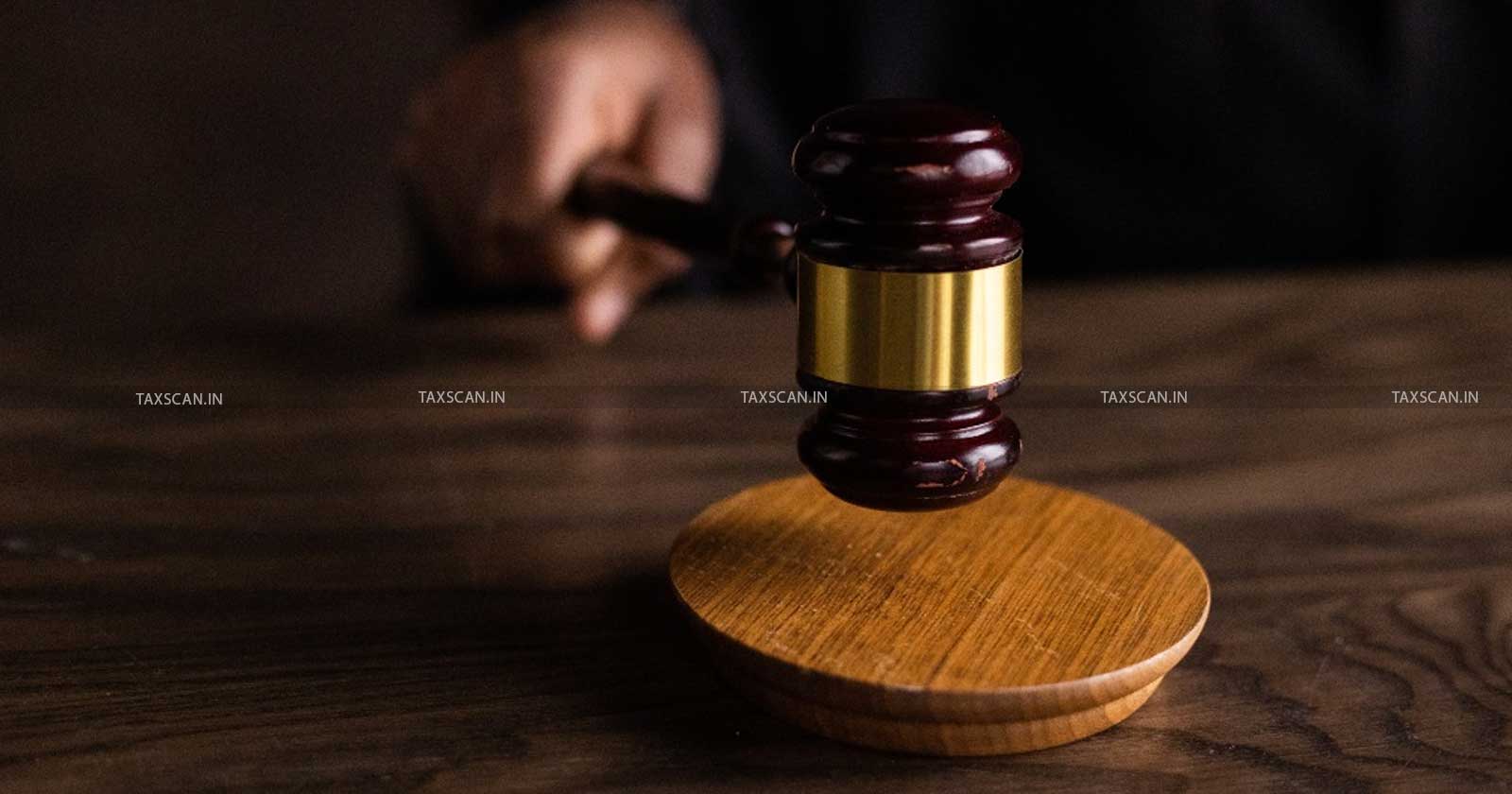Violation of Conduct Rules by Judicial Officer in Property Transactions: Punjab & Haryana HC upholds Disciplinary Findings [Read Order]
Despite the defense’s arguments, the Court confirmed the disciplinary findings, affirming that the assessee's actions amounted to misconduct and tarnished the judiciary's image

Punjab & Haryana High Court – high court – property transaction – Disciplinary Findings – high court of Punjab & Haryana – high court news
Punjab & Haryana High Court – high court – property transaction – Disciplinary Findings – high court of Punjab & Haryana – high court news
In the recent ruling, the High Court of Punjab and Haryana, upheld the disciplinary action taken against the Judicial Officer, petitioner in the Haryana Civil Services ( Judicial Branch ) Service, for violating conduct rules in property transactions.
Ved Pal Gupta, petitioner-assessee, faced disciplinary action for acquiring properties during his time in the Haryana Civil Services ( Judicial Branch ) [ H.C.S. ( J.B. ) ] Service. The charges claimed he bought and sold various properties as part of a business venture, not for personal use, which violated Rule 15 of the Haryana Government Employees ( Conduct ) Rules, 1966. This rule bans government employees from engaging in business without approval. The properties involved were residential and industrial plots in Gurgaon, Faridabad, Panchkula, and Amravati, and the means of acquisition were questioned.
One significant charge involved the transfer of a plot in Sushant Lok, Gurgaon, which was claimed to have been inherited by his wife from her mother. However, the inquiry suggested the property was purchased by Gupta in a benami transaction. Similarly, a plot in Amravati Enclave, Panchkula, allegedly inherited from his father through a suspicious will, raised doubts regarding the legitimacy of its acquisition, as Gupta’s father had insufficient financial means to make such a purchase.
Complete Supreme Court Judgment on GST from 2017 to 2024 with Free E-Book Access, Click here
Further, a plot in Mansa Devi Complex, Panchkula, was found to have been purchased by Gupta’s wife for a significantly lower price than its market value, suggesting the use of disproportionate assets. The departmental inquiry was conducted by a Senior Judge of the High Court, who found the charges to be substantiated with evidence.
The petitioner’s counsel argued that the evidence provided by the defense had not been properly considered, and that the inquiry report was based on assumptions. They contended that the assessee had acquired the properties with prior permission from the High Court and had not been involved in property trading, thus challenging the allegations of misconduct.
The Division Bench comprising Sheel Nagu ( Chief Justice ) and Anil Kshetarpal (Justice) rejected these arguments, stating that the disciplinary inquiry was conducted fairly and in accordance with the procedure. It was noted that the assessee had manipulated income tax records and failed to provide credible evidence for the acquisition of the properties in question.
Complete Supreme Court Judgment on GST from 2017 to 2024 with Free E-Book Access, Click here
Despite the defense’s claims, the inquiry officer concluded that the assessee’s actions amounted to misconduct, as he had accumulated properties through corrupt means, which lowered the image of the judiciary.
In its judgment, the High Court stated that judicial review under Articles 226/227 of the Constitution was not intended to reappreciate the evidence, but only to ensure that the inquiry was fair and in accordance with the law. After reviewing the evidence and the findings of the inquiry officer, the Court upheld the conclusion that the assessee had engaged in misconduct, thus affirming the disciplinary action taken against him.
To Read the full text of the Order CLICK HERE
Support our journalism by subscribing to Taxscan premium. Follow us on Telegram for quick updates


